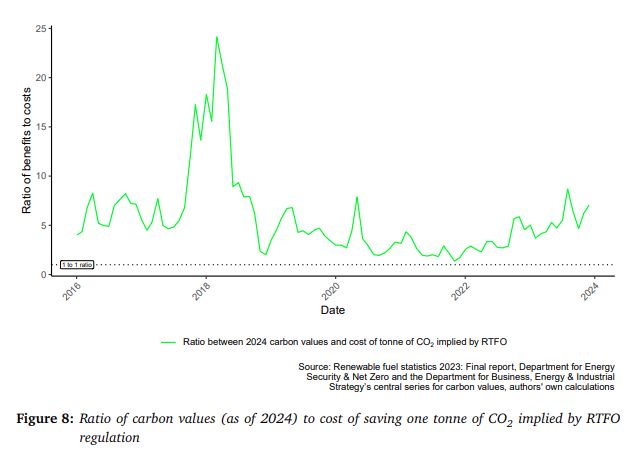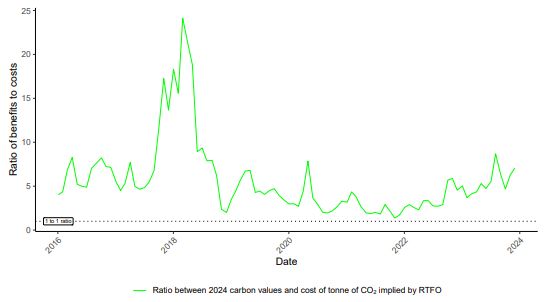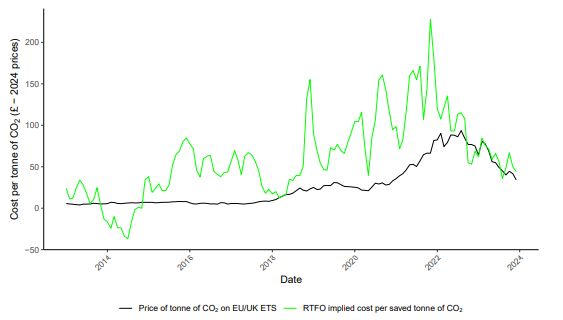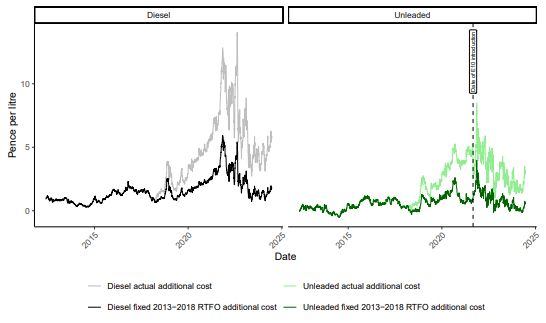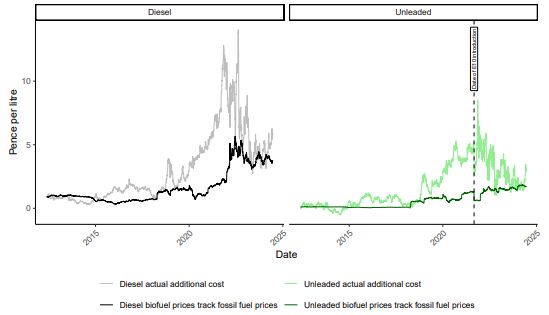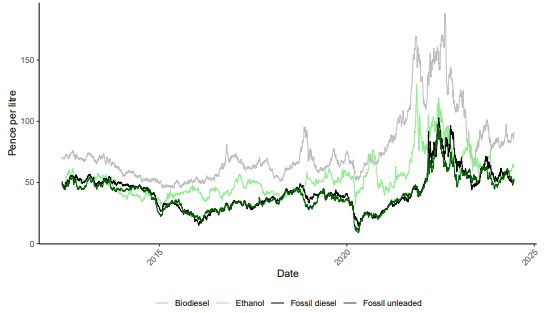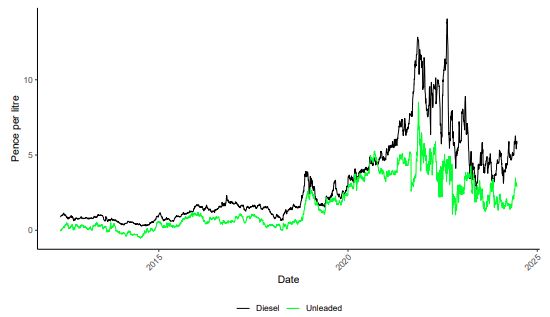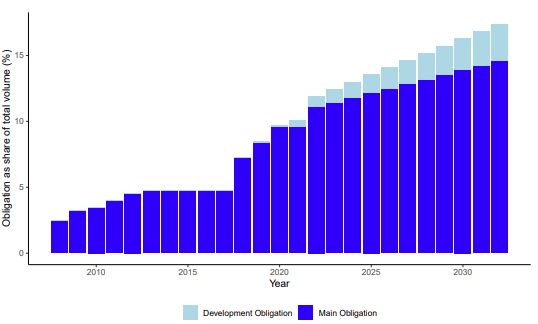Nikhil Datta
@nikdatta.bsky.social
870 followers
250 following
80 posts
Economist. Assistant prof @ warwick, fellow @ CEP LSE, PhD alum @ UCL. Child of immigrants. Serene since 17/06/06. http://nikhil-datta.com
Posts
Media
Videos
Starter Packs
Nikhil Datta
@nikdatta.bsky.social
· Jul 22
Nikhil Datta
@nikdatta.bsky.social
· Jul 22
Nikhil Datta
@nikdatta.bsky.social
· May 13
Nikhil Datta
@nikdatta.bsky.social
· May 13
Reposted by Nikhil Datta
Reposted by Nikhil Datta
Nikhil Datta
@nikdatta.bsky.social
· Apr 24
The Costs and Benefits of the Renewable Transport Fuel Obligation
Johannes Brinkman, Nikhil DattaThe Renewable Transport Fuel Obligation (RTFO) is a key policy in the UK aimed at reducing carbon emissions by mandating the blending of biofuels with fossil fuels. This...
warwick.ac.uk
Nikhil Datta
@nikdatta.bsky.social
· Apr 6
Nikhil Datta
@nikdatta.bsky.social
· Apr 3
Nikhil Datta
@nikdatta.bsky.social
· Mar 23
Nikhil Datta
@nikdatta.bsky.social
· Mar 23
Nikhil Datta
@nikdatta.bsky.social
· Mar 12


